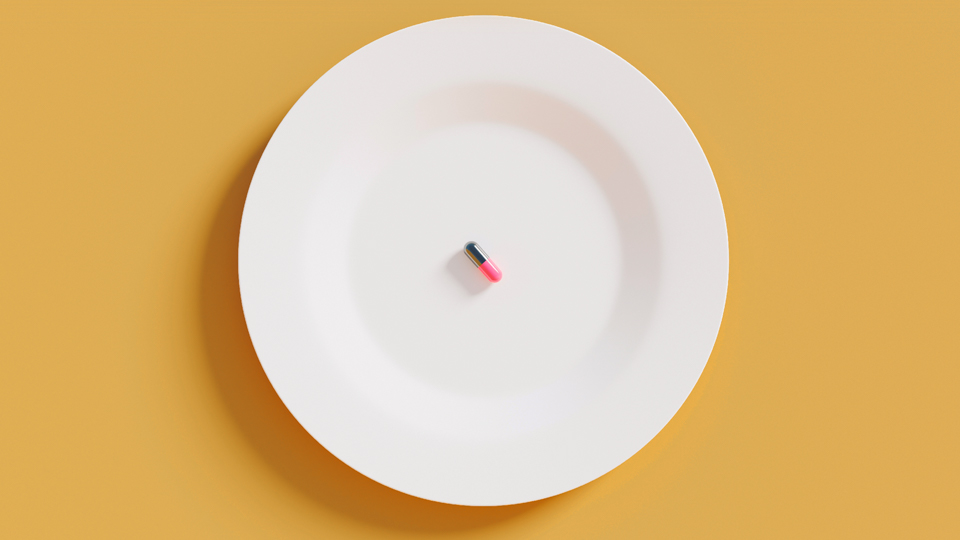Presbyopia correction options: glasses, contact lenses and surgery
10/02/2026

12/02/2024
Nutritional supplements, also known as dietary supplements, currently generate constant debate in the field of health and nutrition. The question arises: are they really necessary to maintain optimal health? The answer is—it depends.
On the one hand, it is crucial to keep in mind that a balanced and healthy diet forms the basis for obtaining necessary nutrients. Therefore, dietary supplements should never replace a healthy diet. However, in various situations such as nutritional deficiencies, specific medical conditions, or sports needs, among others, supplements can play a crucial and necessary role.
On the other hand, excessive supplementation can lead to adverse effects. For instance, fat-soluble vitamins (A, D, E, and K) are stored in the body and can reach toxic levels if taken excessively. Conversely, there are nutrients that, if taken in supplement form despite being obtained through a correct diet, are eliminated through urine without any additional benefit. Therefore, this would be unnecessary supplementation and a waste of money.
My recommendation is always to consult with a registered dietitian-nutritionist to thoroughly analyse your diet and individual needs, helping to assess the necessity for supplementation.
Karla Cané, dietitian-nutritionist and collaborator of Barraquer Magazine